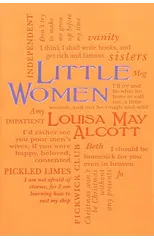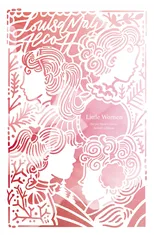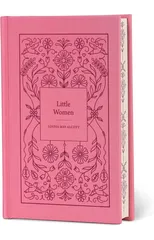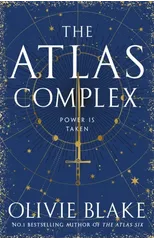A restless tomboy with a wild imagination, Jo March bridles against societal conventions. She has no interest in becoming a lady; she will become a writer. Fortunately for Jo, her family supports her ambitions and understands her eccentricities. With their father serving as a chaplain in the Union Army and little money coming in, Jo and her three sisters work hard to help their mother keep the household afloat. Immensely popular from the day it was published, Little Women struck a chord with generations of young American women, demonstrating that women can pursue their dreams freely without compromising their values.
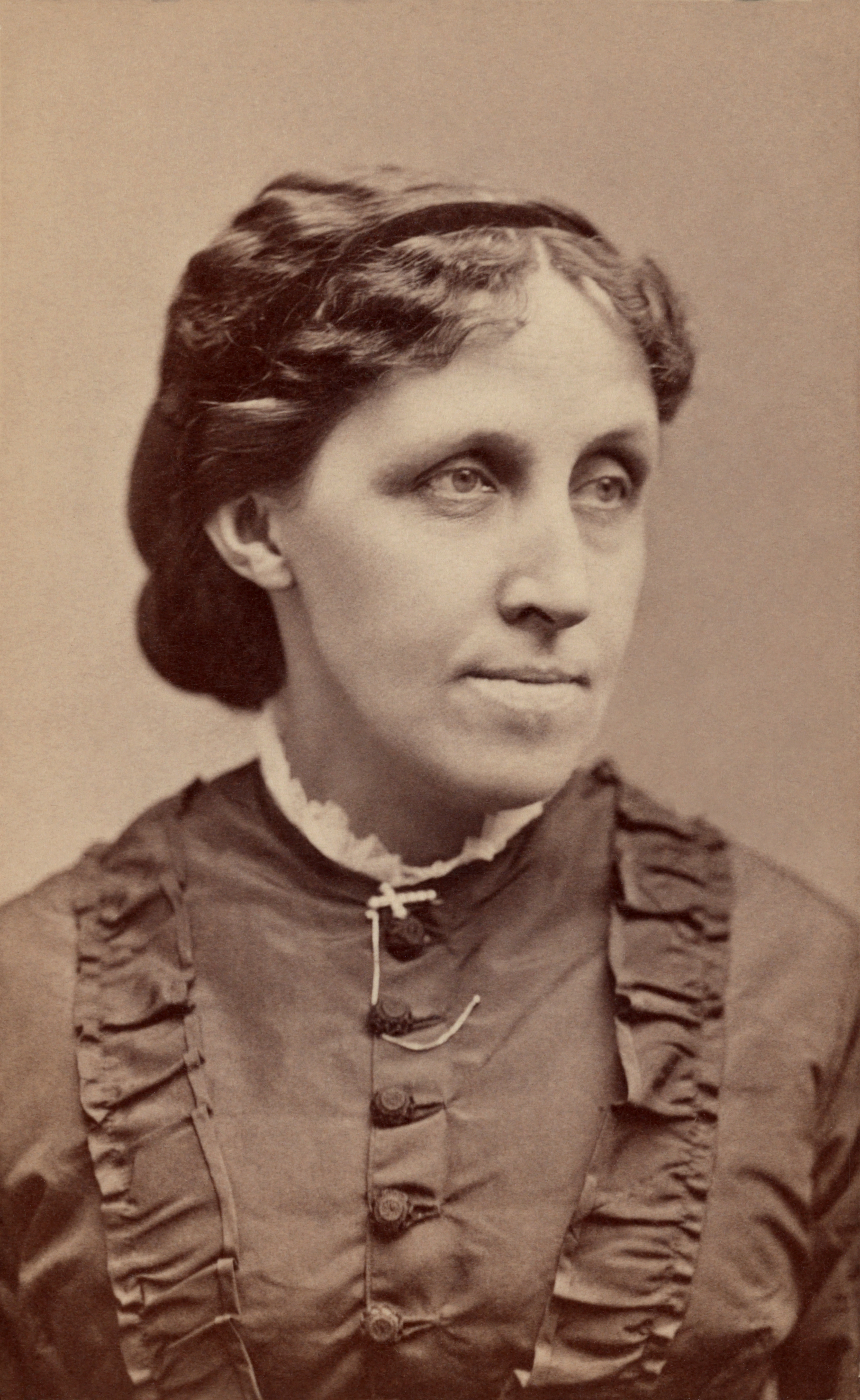
Louisa May Alcott
Louisa May Alcott November 29, 1832 – March 6, 1888) was a celebrated American novelist, poet, and short story writer, widely recognized for her novel Little Women (1868) and its sequels Good Wives (1869), Little Men (1871), and Jo's Boys (1886). Raised in New England by her parents, Abigail May and Amos Bronson Alcott, who were prominent transcendentalists, she grew up surrounded by some of the era's most influential thinkers, including Margaret Fuller, Ralph Waldo Emerson, Nathaniel Hawthorne, and Henry David Thoreau. Encouraged by her family, Louisa began her writing journey at a young age.

